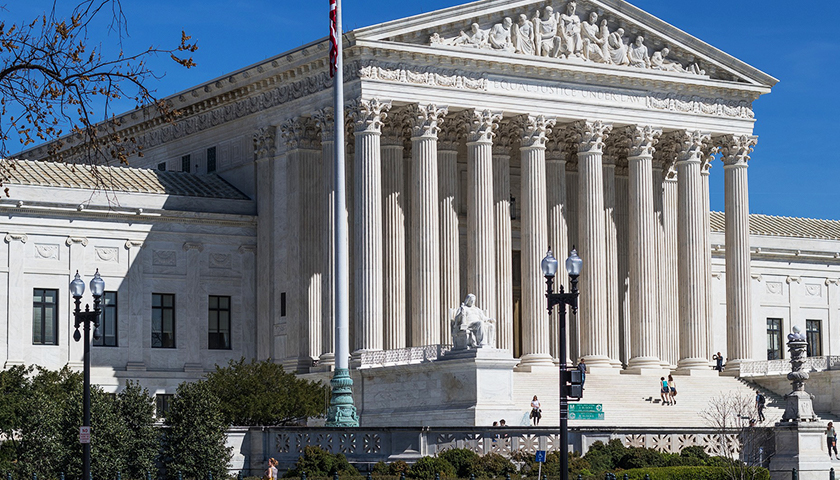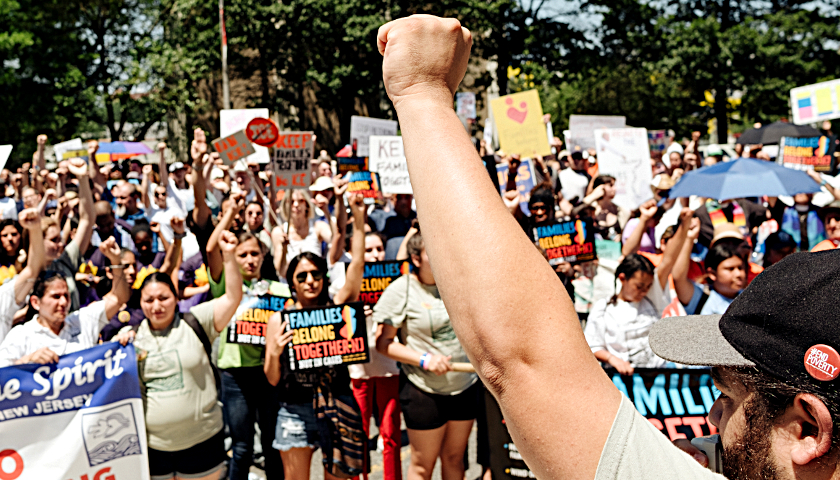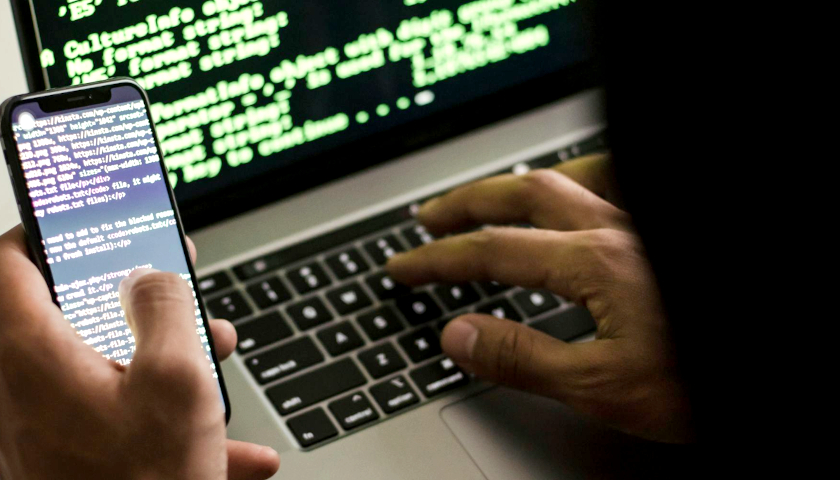by Derek T. Muller
The Supreme Court’s recent decision in Brnovich v. Democratic National Committee has prompted extensive commentary about the implications for future challenges to election laws under Section 2 of the Voting Rights Act. Litigants arguing that some laws, such as Georgia’s newly enacted SB 202, disproportionately affect racial minorities may have a greater challenge meeting the standard set forth by the court than the standard that some lower courts had been using in recent years.
But while the justices split on a 6-3 vote on whether a pair of Arizona statutes ran afoul of the Act, it voted 6-0 (with three justices not addressing the question) in concluding that Arizona did not act with discriminatory intent. This holding sets the stage for the Justice Department’s recent lawsuit against Georgia, and it offers hints at how district courts and reviewing courts should behave. In short, the Justice Department has an uphill battle.
Arizona enacted HB 2023 in 2016. The law limited which third parties (postal workers, election officials, caregivers, family members, or household members) could collect a completed and sealed vote-by-mail ballot. While Arizona had long limited which parties could deliver blank ballots to voters, HB 2023 extended a parallel prohibition to the collection of completed ballots. Opponents have long critiqued this practice of “ballot harvesting,” where third parties could exert pressure on voters, or fraudulently alter or destroy ballots.
The Democratic National Committee alleged that HB 2023 was enacted with racially discriminatory intent. After a 10-day trial, a federal district court rejected that contention. A three-judge panel on the United States Court of Appeals for the Ninth Circuit agreed.
But an en banc panel of the Ninth Circuit reversed and concluded that Arizona had acted with discriminatory intent. While the Ninth Circuit acknowledged that many of the legislators argued sincerely in support of the law, it traced the legislature’s discriminatory intent back to one member.
On the question of intentional discrimination, the Supreme Court in Brnovich reversed. Justice Samuel Alito’s opinion first emphasized that the district court should receive deference when it makes factual findings. The district court concluded that the Arizona legislature did not act with discriminatory intent and had sincerely enacted the bill. The high court cited the “ample” support in the record to sustain the district court’s findings, a record that the Ninth Circuit failed to give proper deference. The Supreme Court emphasized that racial divides often overlap with partisan divides, and lower courts should not conflate the two. Courts must “carefully distinguish” between these distinct motives.
Finally, Alito emphasized that legislators are not “agents” of a bill’s sponsor or proponents. Legislators “have a duty to exercise their judgment.” It was “insulting” for the Ninth Circuit to conclude that legislators could be “mere dupes or tools.” In all, six justices agreed that there was no intentional discrimination.
Justice Elena Kagan drafted a dissent, joined by Justices Stephen Breyer and Sonia Sotomayor, concluding that Arizona’s law had an unlawful discriminatory effect. Yet in a footnote to her dissenting opinion, Kagan explained that she “need not pass” on the holding that the laws were enacted with discriminatory intent. It’s a curious footnote because Kagan avoided addressing a crucial holding raised below.
A finding of intentional discrimination is not merely an alternative basis for relief, as if plaintiffs could win on either Point A or Point B and the Supreme Court could pick and choose. Instead, a finding of intentional discrimination can subject a state to major federal oversight. It could mean that Arizona would be “bailed in” under a different part of the Voting Rights Act – Section 3. If Arizona were “bailed in,” it would need to seek judicial approval of all its election laws for a period of time. It is a significant and different remedy. The three dissenting justices ought to have weighed in on the finding of intentional discrimination.
There are a few plausible, if speculative, reasons for Kagan’s move. It might be that the three dissenting justices disagreed about how to handle the intentional discrimination claim, so that they deferred the matter to provide a united front. Maybe they agreed that there was no intentional discrimination but worried that it would soften the impact of Kagan’s biting dissent. Or maybe it’s simply an acknowledgement that the Ninth Circuit should not have reversed on these groups and should have stuck with the discriminatory effect.
How might the court’s decision apply to pending lawsuits? Days before the Brnovich ruling, the Justice Department sued Georgia on several provisions of its recently enacted SB 202, which prohibits mailing unsolicited absentee-ballot applications. It requires an identification number or proof of identification to request an absentee ballot, shortens the absentee-ballot period, and limits “drop boxes” to collect ballots. It prohibits distribution of food and water to voters who wait in line. And it forbids counting ballots cast out of a voter’s precinct unless cast after 5 p.m. on Election Day.
But Brnovich highlights some challenges to the lawsuit. One takeaway is deference to the district court’s findings of fact if supported by the record. What the trial court concludes in the Georgia litigation will receive some deference if the case is ultimately appealed to the Eleventh Circuit or to the Supreme Court. It also might mean the luck of the draw, depending on which federal judge is assigned the case, as federal judges can approach a similar case very differently.
Another is the legislative context. Some of the provisions in SB 202 specifically address novel decisions in Georgia that arose during the pandemic. For instance, Georgia mailed absentee-ballot applications to all active registered voters in the June 2020 primary, at the height of the pandemic. The law forbidding mailing absentee-ballot applications essentially returned Georgia to the status quo. It will be difficult for the Justice Department to demonstrate that the legislature lacked sincerity to fix rules that were developed on the fly during the pandemic.
But one major factor on the Justice Department’s side is the process. Georgia moved rapidly on this bill and took some atypical paths through the legislative process to ensure its speedy enactment. It might have done so to give greater guidance and clarity to election officials well ahead of the next election. But factors that courts ought to consider, approvingly cited in Brnovich, include “any departures from the normal legislative process.” It will be incumbent on the Justice Department to explain why these departures were unusual – and on Georgia to rebut by explaining why the legislature acted the way it did.
The court’s emphasis that legislators act independently regardless of any one influential politician’s racially charged statements, however, does weaken a basis for initiating the lawsuit. Brnovich suggests that it will be difficult, but not impossible, for the Justice Department to succeed in its lawsuit against Georgia challenging SB 202. But the public will simply have to wait until the court evaluates the strength of the evidence to see how the Voting Rights Act plays out after Brnovich.
– – –





